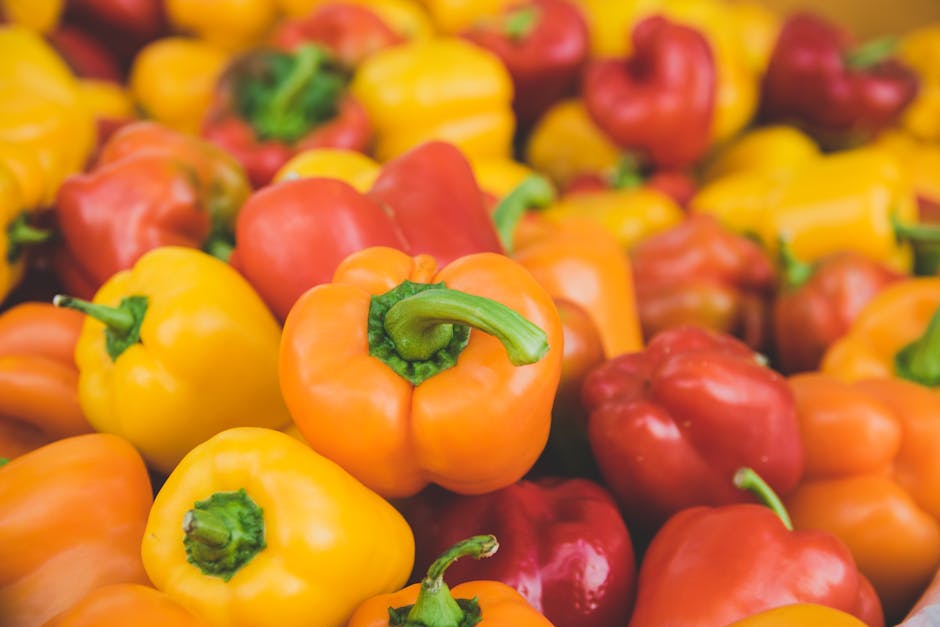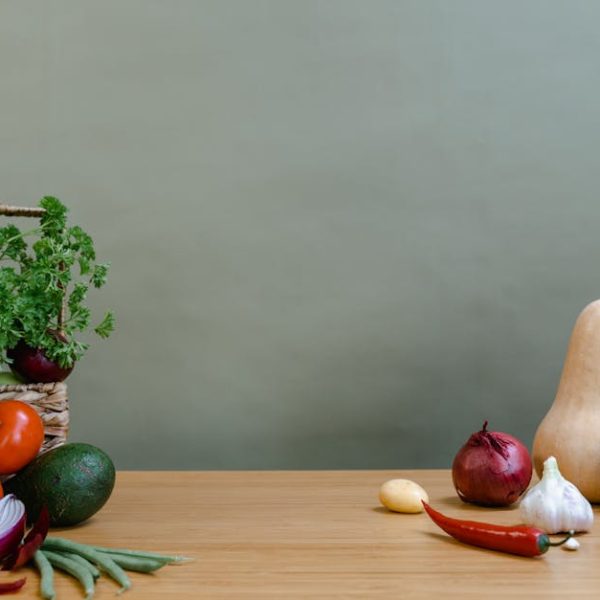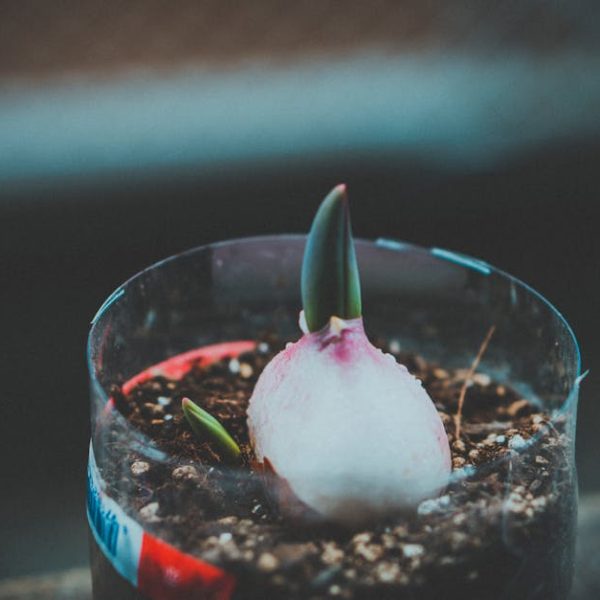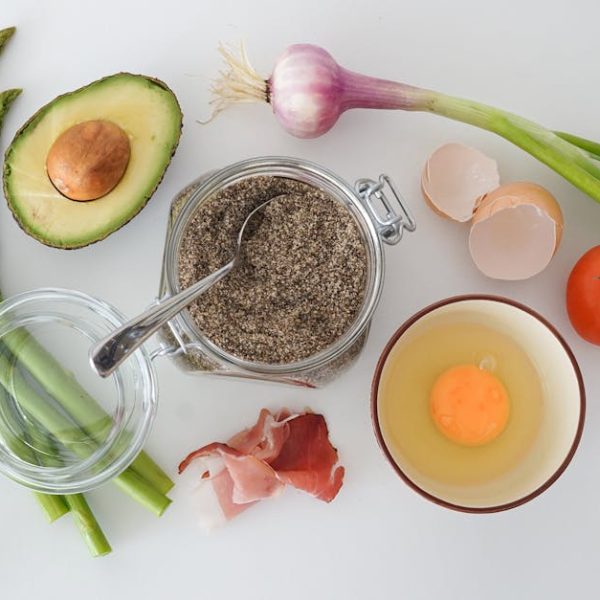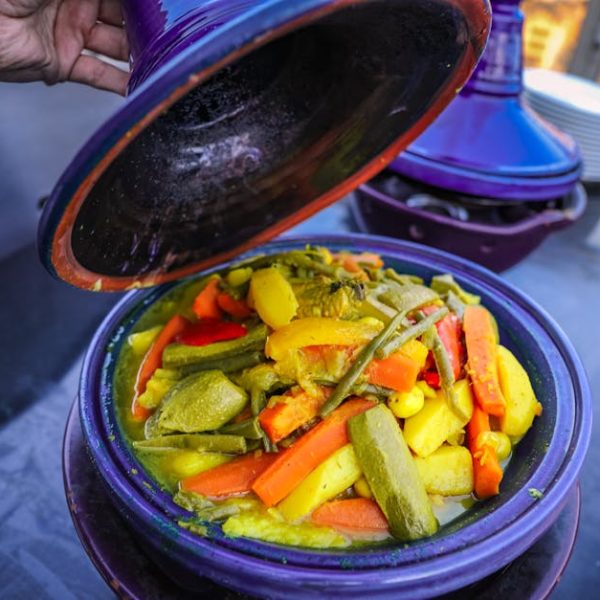Being an avid cook, you’re likely familiar with a variety of bell peppers – green, red, yellow and more. However, recognizing when any of them have spoiled and understanding how to properly store these vibrant veggies to maintain freshness can become a daunting task if you do not know what to look for.
Identifying Spoiled Bell Peppers
There are a few telltale signs that your bell pepper has gone beyond its prime.
Firstly, they will usually undergo significant changes in color. A healthy green bell pepper may turn dull, yellow, or even black, while red, yellow, or orange bell peppers could develop a darker, sludge-like hue.
Secondly, a spoiled bell pepper may become soft or squishy to the touch, as opposed to the firm, crisp texture of a fresh one. Moreover, the exterior of the vegetable may show wrinkles or have a slimy feel.
Finally, keep an eye out for the presence of mold, typically visible as blotchy white, black or green spots or an unpleasant odor emanating from it, which are clear indications of spoilage.
Causes and Prevention of Bell Pepper Spoilage
So, why do bell peppers spoil? Over-ripening primarily leads to spoilage. Just as with other fruits, when bell peppers mature, they tend to naturally start degrading. Moreover, storing them improperly, especially in hot and humid conditions, can accelerate spoilage as it can trigger bacterial and fungal activity.
Now to prevent this from happening, maintaining the appropriate temperature is a critical aspect. Ideal storage conditions for bell peppers vary between 45 and 50 degrees Fahrenheit. Additionally, try to avoid wounding or injuring the bell pepper skin to minimize bacterial and fungal infestation opportunities. Storing them in a refrigerator can significantly help keep these factors manageable and extend the freshness.
The Ideal Storage for Bell Peppers
Creating the best environment for your bell peppers involves a few simple steps. Firstly, store them within loose plastic bags in the refrigerator. The bag helps in minimizing moisture development which other foods in the fridge might contribute to. A maintained humidity level in the refrigerator also keeps them hydrated and firm.
Additionally, remember to store them appropriately with compatible food items. For instance, storing bell peppers alongside ethylene-producing fruits like apples and tomatoes can speed up the ripening process and lead to quicker spoilage.
Whenever possible, limit the peppers’ exposure to air and refrain from washing them before storage. Water on your peppers can inspire mold growth, leading to premature spoilage.
In the coming segments, we will delve into practical ways to utilize bell peppers before they spoil and precautionary measures if you’ve mistakenly consumed any spoiled ones. Enjoy your culinary adventures with fresh bell peppers!
Health Risks Associated with Eating Spoiled Bell Peppers
Bell peppers chock-full of nutrients are excellent for our well-being, but not after they have spoiled! Consuming spoiled bell peppers pose a threat to our health, primarily causing symptoms associate with food poisoning. This could range from simple discomforts such as stomach aches and nausea to more severe symptoms like diarrhea and vomiting. In more serious cases, it may lead to allergic reactions, which if ignored, can escalate into severe, life-threatening anaphylaxis.
If you’ve accidentally consumed a spoiled bell pepper and begin to exhibit any of these symptoms, it is of utmost importance to seek immediate medical attention. Indeed, when it comes to food safety, trust your instinct— if it looks and smells off, it’s better to err on the safe side and not consume it.
Furthermore, ongoing precautions should include maintaining proper hygiene while handling food and regularly cleaning your refrigerators to avoid cross-contamination.
Utilizing Bell Peppers Before They Spoil
Instead of letting your vibrant bell peppers turn into a sad, saggy mess, why not put them to good use before they spoil? These nutrient-rich veggies can add a dash of color and crunch to just about any dish!
Bell peppers make for an excellent contribution to salad, soup, stir-fry, or pasta. They can be grilled or roasted to make a scrumptious side dish or even stuffed with your favorite ingredients as a wholesome meal.
If you have too many bell peppers and cannot incorporate them into your meals, don’t worry! You can always preserve them and utilize them later. Freeze bell peppers after cutting them into strips or cubes, or pickle them in vinegar— a great way to savor their crispiness longer.
Pro tip: Use bell peppers when they are at their peak ripeness for maximum flavor and nutritional advantage. Ripeness can typically be judged by the color and firmness of the skin. A fully ripe bell pepper is beautiful, bright in color, and firm to touch.
So now that you’re equipped with these tips, go forth and enjoy your bell peppers at their best! And remember, when in doubt, trust your senses. They are usually the best gauges to determine whether the bell pepper is still good or has passed its prime. Happy cooking!
Key Takeaway:
- Spoiled bell peppers can be identified by visible changes in color, softness, presence of molds, and unpleasant odor.
- Over-ripening, improper storage, bacterial and fungal activity are common causes for bell pepper spoilage. Storing them at the right temperature and humidity, avoiding physical injury, and opting for refrigeration can help prevent spoilage.
- Suitable conditions for storing bell peppers include refrigeration in a plastic bag, maintaining humidity, and storing with compatible food items.
- Consuming spoiled bell peppers can lead to health risks like food poisoning, stomach discomfort, and allergic reactions. Seek medical attention if severe symptoms persist after consumption.
- Utilize bell peppers before they spoil by adding them to a variety of dishes or preserving them through freezing or pickling. Using them when they are at their peak ripeness offers maximum flavor and nutritional benefits.
It’s important to handle and store your bell peppers properly to maintain their freshness and nutritional values. Trust your senses when it comes to determining their quality. Remember, fresh bell peppers are not only delicious but also packed with nutrients. Enjoy cooking and eating your bell peppers responsibly!
FAQs
Q: How long do bell peppers last in the fridge?
A: When stored properly in the refrigerator, bell peppers can last up to two weeks.
Q: Can spoiled bell peppers be composted?
A: Absolutely. Spoiled bell peppers are completely safe to add to your compost pile or bin.
Q: Is it safe to cut off the spoiled section of a bell pepper and use the rest?
A: If only a small section of the bell pepper is spoiled and the rest appears fresh, it should be safe to cut off and discard the spoiled part. However, if the entire pepper shows signs of spoilage, it’s best to throw it away.
Q: Can bell peppers be stored at room temperature?
A: Bell peppers can be stored at room temperature, but they will stay fresh longer when stored in the refrigerator.
Q: What other vegetables or fruits should not be stored with bell peppers?
A: Apart from apples and tomatoes, you should avoid storing bell peppers with bananas and avocados as they also emit ethylene gas that can lead to quicker spoilage.
We hope this post was informative and helpful. Feel free to share this article and explore more posts on our website for further guidance and insights into proper food storage and safety!
